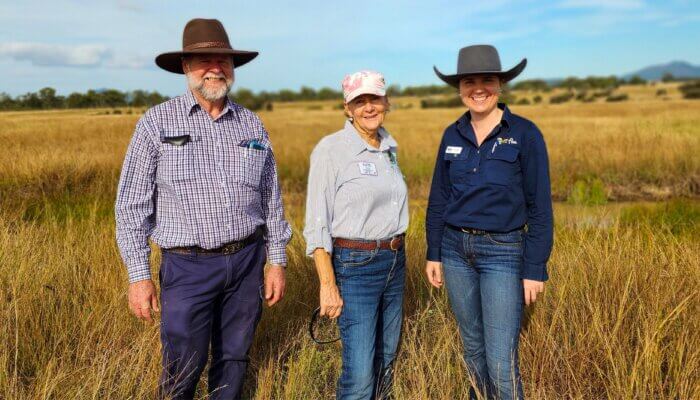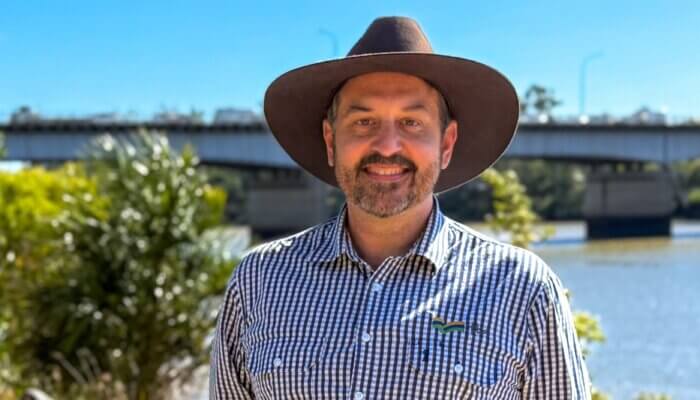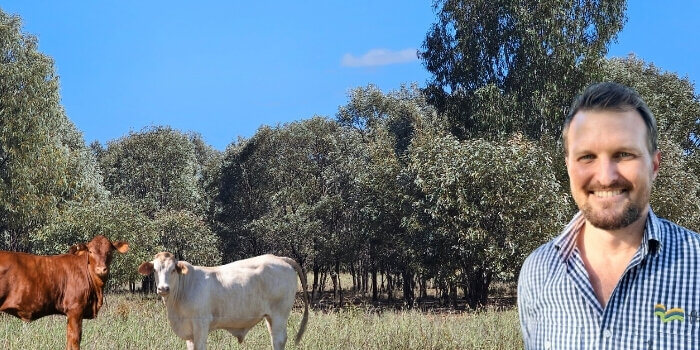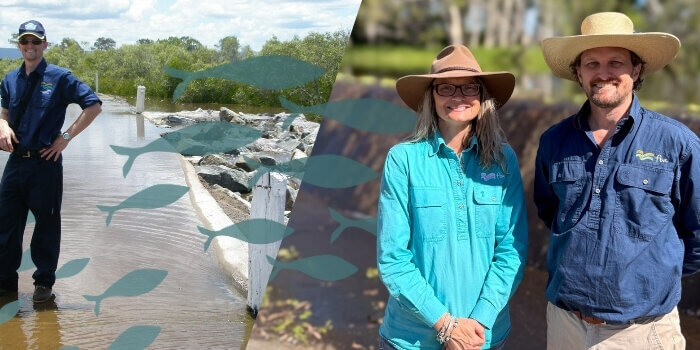Move to rotational grazing on Dumbarton Station
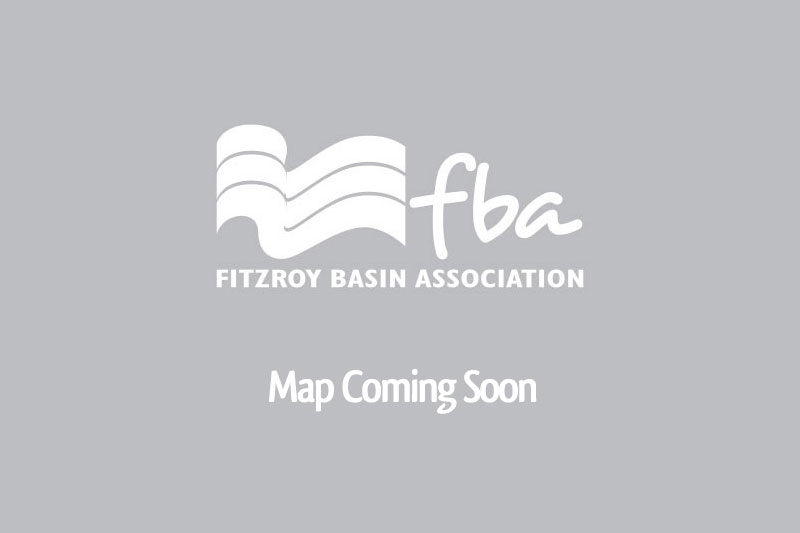
Move to rotational grazing on Dumbarton Station
Winemaker makes his mark in grazing
When successful winemaker Brian McGuigan decided to pursue his other farming passion and invest in a grazing business, he did his research. What he learnt about the beef industry and the likely impacts of climate change led him to the highlands of central Queensland, with the promise of good rainfall and productive pastures.
Central Queensland’s sub-tropical climate and semi-arid landscape are a long way from home for the expert viticulturist, but cattle are close to his heart. “I’ve been in vineyards all my life, but I’ve always owned cattle,” Brian said. “Winemakers have an affinity for cattle for some strange reason.”
McGuigan was the driving force behind award-winning McGuigan Wines, founded in New South Wales’ famous Hunter Valley region, together with wife Fay and his brother Neil. It is the only winery in the world to have won ‘world’s best winemaker’ three times.
A heart attack and resulting health concerns led Brian to step away from the day to day running of the company. Although no longer at the helm of McGuigan Wines, Brian still manages some smaller vineyards, runs a consultancy and contracting company and owns a number of retail stores, in addition to his grazing enterprise.
From vineyards to cattle country
He purchased Dumbarton Station in 2008 and visits central Queensland almost monthly to oversee property planning and management. The property covers 4856 hectares and is located along the Mackenzie River about 300 km northwest of Rockhampton – Australia’s beef capital.
While new to grazing in Queensland, Brian has approached the opportunity with enthusiasm.
“When we bought Dumbarton Station it was a place that was somewhat rundown. The fences were poor, the weeds were bad – there were a lot of problems. So we’ve regarded it as a challenge,” he said.
Drawing on local expertise, Brian partnered with leading graziers Barry and Leanne O’Sullivan, who handle the day-to-day running of Dumbarton Station as well as their own grazing business in the Bowen region.
“Barry is very attuned to stock and property management and extremely experienced at getting the best results out of stock, properties and people,” Brian said.
Caring for the land means caring for the reef
Brian was keen to take advantage of the best methods of growing beef that were also ecologically sound and became aware of Fitzroy Basin Association’s water quality improvement grants, funded through the Reef Rescue component of the Australian Government’s Caring for our Country.
“Maximising property performance while also protecting our land is important because it means more dollars for the beef you can grow. Sustainability is important so it’s not just more dollars now – it’s more dollars over a long period of time,” he said.
Because Dumbarton Station abuts the Mackenzie River, which is a tributary of the Fitzroy River that flows to sea at the southern end of the reef marine park, Brian was able to take advantage of the program after developing a successful project application.
“I was encouraged to get on with plans for updating the property because of Fitzroy Basin Association, who were extremely helpful in suggesting ways to improve Dumbarton and supporting me with 50 per cent funding to undertake changes quicker than I would have done it alone,” Brian said.
“Through the grant we were able to install fences, water systems and troughs across Dumbarton Station to cut our rather large paddocks into smaller paddocks and move towards a cell grazing style operation.”
In addition to installing about 25km of fencing to change the property layout to enable better management techniques, Brian started a program that involves removing timber where allowed, stick-raking and re-seeding paddocks with suitable grass seed, and improving soil condition.
Slashing paddock size improves stocking rates
“So now instead of having about 30 paddocks, we’ve got around 60 paddocks. That will mean we can keep that grass fresh and we will be able to improve each one of those paddocks progressively, and keep cattle off some paddocks for up to 6 months at a time to allow seed to set,” he said.
“We know that if we rest the paddocks and allow ground cover to re-establish we have a much better opportunity to be impactful with weight gain on the animals as we move them from one spot to another.”
As well as fencing, the project funded new pipelines and troughs to provide cattle with better access to fresh drinking water, which means less riverbank erosion from stock drinking at the water’s edge.
The desire to do things well has come at a cost, even with the co-funding from the local catchment management group, but the work is already starting to reap rewards.
“On top of the grant of $38,600, we’ve invested about $400,000 into our property to do this project and other things at the same time. To get any form of assistance is tremendous and it also led me to believe someone was giving me a hand and approved of the initiatives we were pursuing,” Brian said.
“There’s no doubt we’ve increased our stock carrying capacity by about 50 per cent – we’re up to about 1700 head while previously we were at about 1000,” he said.
It seems the transition from grape connoisseur to beef baron has been a smooth one, and Brian is confident he will keep making gains.
“We can go further with our productivity, because we’ve got the soils here and being adjacent to the river is a wonderful adjunct to the property,” he said.
A combination of good planning, good advice, and funding support has laid the foundations for another successful McGuigan business venture.





